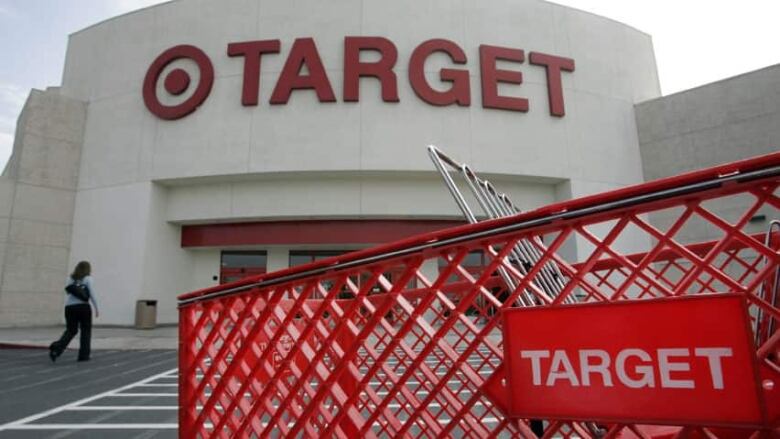Personal data online: 5 of the biggest security breaches
70 million Target shoppers had information hacked last month

With recent revelations suggesting that the U.S. National Security Agency is using mobile apps like Angry Birds to glean information about individuals, many people may be thinking about how much of their personal data isaccessible online.
Details like birthdates, addresses and even bank accountnumbers are out there in digital databasesand, if they're not properly safeguarded, can be vulnerable to online thieves. Here are five of the biggest privacy breaches involving personal data over the last few years.
1. 70 million Target shoppers get hacked

Upscale retailerNeiman Marcuswas also hit with a security breach that compromised their customers credit and debit cards, but wouldnt say how many accounts were affected. One security expert said the Target and Neiman Marcus thefts were likely carried out by the same group.
2. TJXcustomers' card data stolen
TJX, the U.S. parent of Winners and HomeSense stores, revealed in 2007 that data from at least 45.7 million credit and debit cards was stolen by hackers.
The company said the stolen information covered transactions between 2003 and part of 2006, but the breach wasnt discovered until December 2006. Victims won a class-action lawsuit,were reimbursed and received store vouchers.
Canadas privacy commissioner weighed in, saying the TJX data breach could have been preventable if they had taken necessary precautions, including upgrading their encryption technology.
3. Hackers make a point with Snapchat leak

The alleged hackers sent out a statement saying they wanted to raise awareness about online security and put pressure on the developerswho had earlier been warned about vulnerabilities to address security holes in the app.
4. Hackers target Sony gamers, movie buffs
Sony had a rough year in 2011 when hackers targeted both their PlayStation Network and their Sony Pictureswebsite. More than 100 million PlayStation accounts worldwide were compromised, with hackers getting their hands on names, birthdates, bank account numbers and credit and debit card information.
Months later, a group of hackers said they managed to steal a massive trove of personal information from Sony Pictures' website, accessing data belonging more than one million users, including passwords, email addresses, home addresses and dates of birth. The group, who called themselves LulzSec, chastised Sony online for its lax approach to security.
5. Canadian agencies lose personaldata
Albertas Health Minister Fred Horne revealed this week that an unencrypted laptop containing the personal health information of 620,000 Albertans was stolen in September. The laptop, which belonged to an IT consultant for the province's network of medical centres, housed data including names, birthdates, health card numbers and billing codes of people who visited the clinics between May 2, 2011, and Sept. 10, 2013.
In anothersecurity breach last year, the federal government revealed aportable hard drive containing personal information, including Social Insurance Numbers,of more than half a million student-loan borrowers hadgone missing. Similarly in 2012, a government employee for Human Resources and Skills Development Canada reported that a USB key containing personal data of about 5,000 Canadians went missing.












_(720p).jpg)


 OFFICIAL HD MUSIC VIDEO.jpg)
.jpg)



























































































